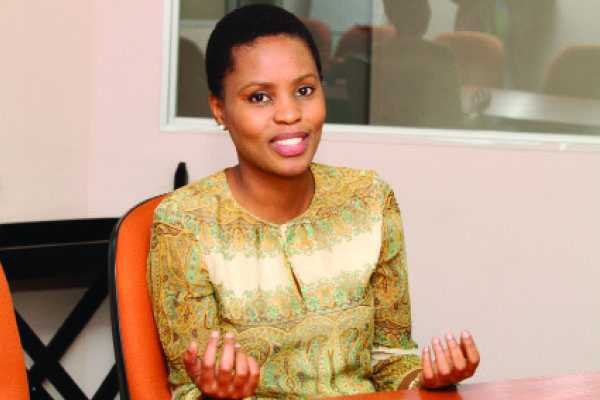Women demand positions in Mining sector
Under the theme ‘Women in Mining Botswana: Addressing in the conceptual challenges and seizing transformation opportunities,’ Belle Larissa company will host a conference for women in mining next Thursday in Gaborone.
The company, owned by former Miss Botswana Malebogo Marumoagae is an etiquette and image consultant firm. Marumoagae said in an interview with BG News that the objective is to inspire and promote women in the mining industry. It is targeted at women in mining and will offer participants an opportunity to discuss issues affecting female miners, among others.
“There aren’t many women in the mining sector and those in senior positions are few,” she said. Less than 19 percent of women in Botswana are in the sector. The event is supported by Women In Business Association, Botswana Chamber of Mines and UN Women Botswana.
International speakers include South Africa’s Siza Majola who features in 100 Global Inspirational Women in Mining 2016 list, Khosi Sibisi, founder and Chief Executive Officer of Streams Holdings (Pty) Ltd. The entity specialises in mining, mining exploration, mineral rights applications, mine waste management, employment equity and social and labour planning, and also Gargi Mishra, who is actively involved in the promotion of open innovation and the Internet of things (IoT) in the mining sector through her Mining Innovation Portal.
Local speakers include Health and Wellness minister Dorcas Makgato, MP Bogolo Kenewendo, Ndibo Matshameko who is a geologist at Debswana Jwaneng mine, among others.
Mining is an industry which has always been male-dominated, regardless of geographical location. There have been positive steps which have helped to integrate women into the industry, but females continue to be under-represented and mining is still largely a man’s domain, globally.
A study Mining for Talent published early in 2013 and conducted by Women in Mining (UK) and PriceWaterhouseCoopers, stated that mining industry has the lowest number of women on company boards of any industry group worldwide. South Africa is one country which is leading the rest in terms of employing women in the mining and minerals sectors.
Up until the 1990s, legislation barred women from working underground in South Africa. This all changed, and in 2002 the South African Mining Charter introduced quotas urging mining companies to employ a 10 percent female staff quota (where it was just 2 percent in the year 2000).
South Africa in particular is an interesting case: the country, through its policies, has been working to rectify the injustices of its past by helping those who have historically been disadvantaged. Certainly, over the last few years there has been a rise in the number of women qualifying in technical roles as well as more traditional ‘female’ roles such as office staff.
The problem with this according to the study, however, is that many companies appear to have approached that quota as a goal – when in reality, it could be a fantastic opportunity for companies to far exceed the quota, initiating a truly diverse workforce more representative of the country’s people.
It states that challenges by women in mining include lack of mentorship, lack of guidance, lack of workplace support and of hygiene facilities. Women as a whole also feel that there was insufficient career and development guidance. Health and safety were also issues that women felt were not being addressed properly. Women also say that men are given more opportunities based on gender, rather than accomplishment.
Other challenges include verbal harassment and physical abuse in the form of rape. “The safety of female mineworkers is a growing concern and requires a shift in policy and legislation to protect them,” it says.






